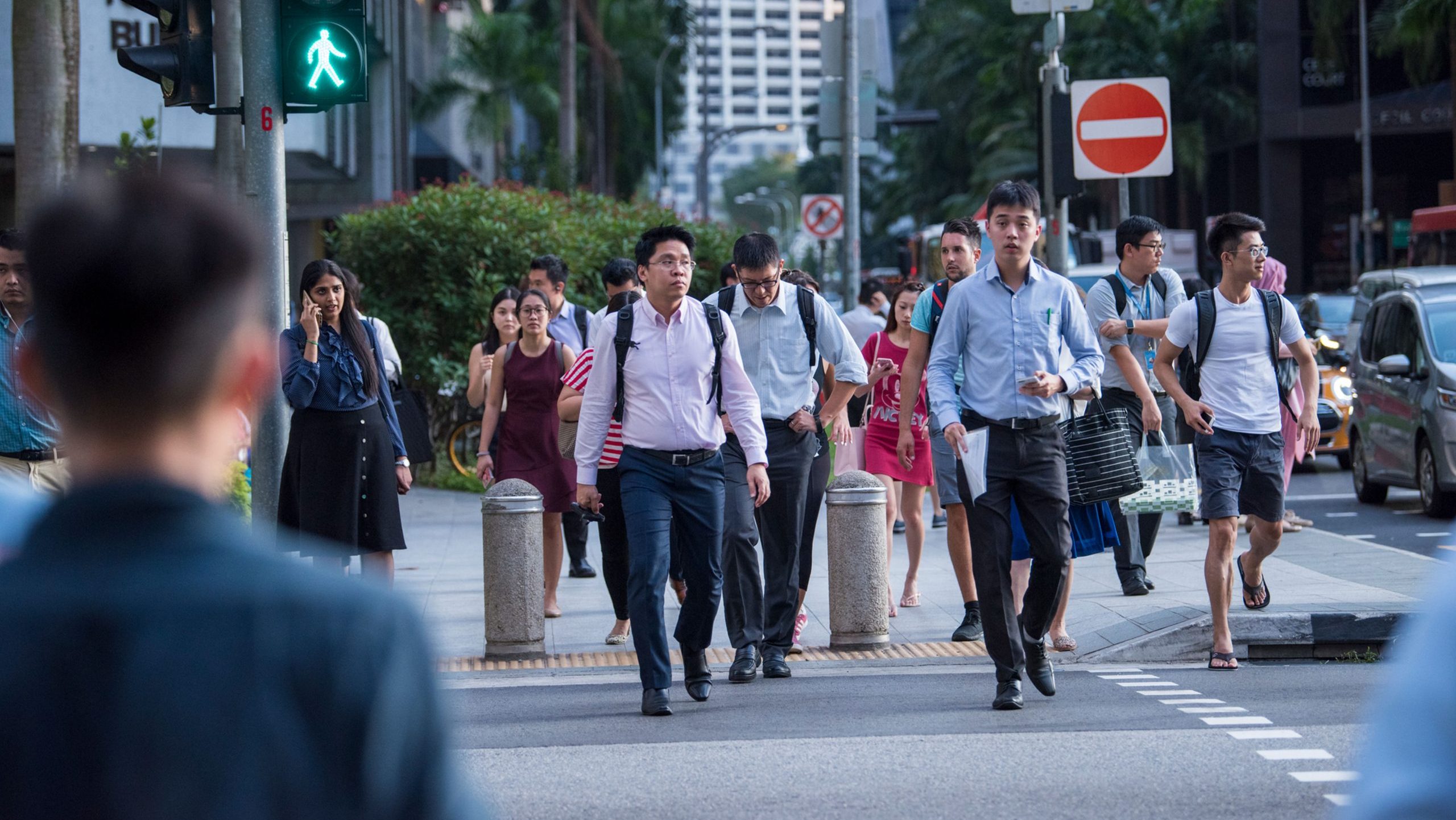SINGAPORE: The Singapore National Employers Federation (SNEF) has outlined its priorities for the upcoming Budget 2025, with a focus on providing tax relief, enhancing workforce reskilling programs, and managing the impact of extended parental leave. These recommendations align with the national goal of boosting productivity, upskilling employees, and building a foreign workforce capable of addressing both immediate and long-term challenges within the economy.
In a poll conducted by SNEF in October, more than 70% of employers expressed support for initiatives focused on workforce upskilling and reskilling. Based on this feedback, the Federation advocates for increased funding through the SkillsFuture Enterprise Credit (SFEC) or an equivalent program, along with higher Absentee Payroll Funding to help alleviate the financial burden on businesses when providing training.
Further emphasizing the need for technological advancements in the workforce, SNEF also proposed greater subsidies for AI-related training programs under the SkillsFuture Series (Digital Economy), aligning with the National AI Strategy 2.0. This is seen as a crucial step in helping businesses leverage AI capabilities to stay competitive.
SNEF has also called on the government to extend the Senior Employment Credit (SEC) beyond 2025, as part of efforts to support businesses in fully utilizing the potential of their senior workforce. Additionally, it recommends the creation of a multigenerational grant to facilitate leadership succession planning and cross-generational collaboration within companies.
Addressing the government’s initiatives to uplift Lower-Wage Workers (LWWs), including the Progressive Wage Model (PWM) and the recent increase in the Local Qualifying Salary (LQS), SNEF acknowledged the positive impact but stressed the importance of aligning wage growth with productivity improvements. To support this, it proposed the extension and enhancement of the Progressive Wage Credit Scheme (PWCS) beyond 2026, helping businesses offset the impact of the PWM and LQS while achieving necessary productivity gains.
On the topic of parental leave, SNEF highlighted potential challenges businesses, especially SMEs, might face with the implementation of 10 weeks of Shared Parental Leave and two weeks of mandated Paternity Leave, set to begin in April 2025. While the government will cover the additional leave provisions, businesses may still encounter higher costs from hiring temporary replacements. To mitigate this, SNEF has recommended financial subsidies to offset these costs, as well as monthly allowances for employees who take on extra responsibilities in the absence of colleagues on leave. Additionally, the group proposed temporary flexibility in work pass approvals to help businesses manage workforce gaps and meet project deadlines.
Tan Hee Teck, President of SNEF, expressed appreciation for the government’s efforts to ease operational challenges, particularly for SMEs, as they adapt to the phased introduction of extended parental leave. He also welcomed the enhancements to the PWCS, which will provide much-needed relief to businesses facing rising costs. SNEF remains committed to working with its tripartite partners to ensure the continued economic resilience of Singapore, competitiveness in business, and inclusive workplaces for all.
The government has recently invited public feedback for Budget 2025, and SNEF’s proposals will contribute to the ongoing discussions on how best to address the evolving needs of businesses and the workforce.

